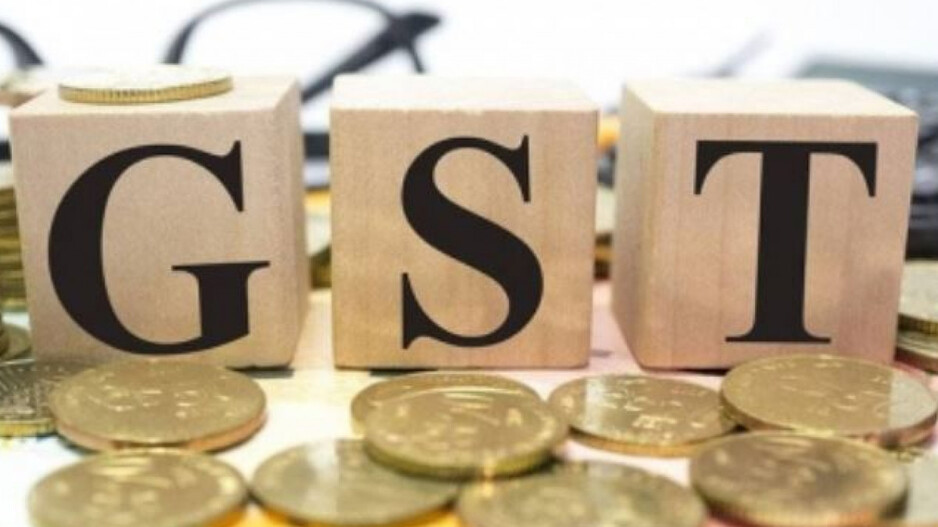/odishatv/media/post_attachments/uploadimage/library/16_9/16_9_0/microsoft_1625816454.jpg)
Microsoft exits Pakistan after 25 years amid economic struggles
Microsoft has announced the closure of its operations in Pakistan after a significant 25-year tenure, as part of a global workforce reduction that will see 9,000 jobs cut worldwide. This move underscores Pakistan's challenges in sustaining its appeal in the swiftly advancing digital arena.
Dr Arif Alvi, Pakistan’s former president, reacted to the news on the social media platform X, formerly known as Twitter, suggesting that Microsoft's departure is symptomatic of broader economic difficulties. He highlighted rising unemployment, brain drain, and reduced purchasing power as alarming indicators of the country's trajectory.
Dr Alvi recounted a private meeting with Microsoft co-founder Bill Gates during a visit to Pakistan in February 2022, where a discussion with then Prime Minister Imran Khan and Microsoft CEO Satya Nadella suggested a significant investment prospect. However, political changes in 2022 shifted Microsoft's strategic interests towards Vietnam instead of Pakistan.
Pakistan faces persistent economic problems including fluctuating currency values, low foreign exchange reserves, high inflation, and a dependency on International Monetary Fund (IMF) support. This has prompted international companies to reconsider their presence in the South Asian nation.
Microsoft's decision coincides with global structural changes as the company plans substantial layoffs. With a nominal presence in Pakistan, the closure was part of broader efficiency measures.
The withdrawal of Microsoft, a key international technology player, leaves a void in investment and development opportunities that could further dampen investor confidence in Pakistan. This also raises concerns of a potential 'tech brain drain', as skilled workers seek prospects in the Gulf, Europe, and North America.
Big cut in commercial LPG prices from July 1, domestic rates unchanged

Gross GST collections double in 5 years to record Rs 22.08 lakh cr in FY25

GST relief likely for middle class: Here’s list of essential goods that may get cheaper

What is Jane Street & How Indian Stock Market Investors Got Played

/odishatv/media/agency_attachments/2025/07/18/2025-07-18t114635091z-640x480-otv-eng-sukant-rout-1-2025-07-18-17-16-35.png)

/odishatv/media/media_files/2025/09/22/advertise-with-us-2025-09-22-12-54-26.jpeg)
